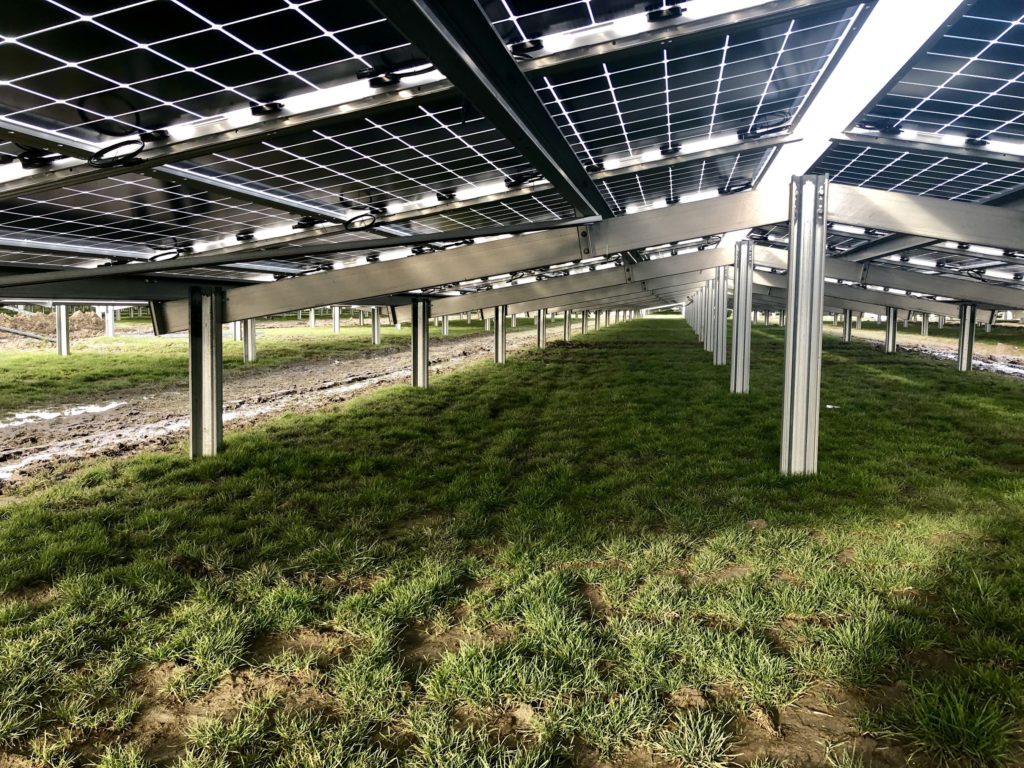
Researchers in Spain have developed a statistical model aimed at reducing uncertainties in the estimation of albedo, the measure of radiation reflected from the ground that is an essential factor in the performance of bifacial PV modules.
Quality control firm Enertis Applus+ and the University of the Basque Country’s Technological Institute for Microelectronics claim the methodology will help optimise the profitability of bifacial PV modules by improving the accuracy of albedo estimations used in bifacial PV system performance modelling.
Unlock unlimited access for 12 whole months of distinctive global analysis
Photovoltaics International is now included.
- Regular insight and analysis of the industry’s biggest developments
- In-depth interviews with the industry’s leading figures
- Unlimited digital access to the PV Tech Power journal catalogue
- Unlimited digital access to the Photovoltaics International journal catalogue
- Access to more than 1,000 technical papers
- Discounts on Solar Media’s portfolio of events, in-person and virtual
In recent years, bifacial technology, which converts sunlight to electricity on both faces of a module, has become increasingly widely adopted and is estimated to account for 40% of all new deployments by 2028.
Albedo estimation is a key input parameter for calculating the likely performance of a bifacial PV system and therefore its profitability. However, short-term on-site albedo measurements often used in bifacial PV system performance modelling present high levels of variability related to changing weather, surface and other local conditions, as well as apparently random variations of up to 60% on consecutive days or even within the same day.
The new statistical model compares short-term measurement campaigns with long-term ones and satellite data to define the minimum number of measurements needed for each surface or climate type to ensure on-site short-term albedo estimates match with on-site long-term measurements.
As well as an accurate picture of albedo variability depending on the time of year, the new models enable an optimum measurement number and duration to be determined, and an admissible error and uncertainty factor in modelling.
The methodology also reveals that the albedo variability is not as random as previously thought and in fact increases significantly closer to the solstice in all measurement methods analysed.
In a report on the study in the journal ‘Renewable Energy’, the researchers concluded that the new methodology would enable more accurate estimations of proposed bifacial PV installations.
“The developed model will allow, especially during measurement campaigns in new locations, where long-term data are not usually available, the determination of, taking into account the climate and surface of the location, the optimum short-term measurement number to ensure a maximum error in the measurement. Therefore, it would be possible to optimise measurement campaigns and to obtain a better performance estimation of the location.”







